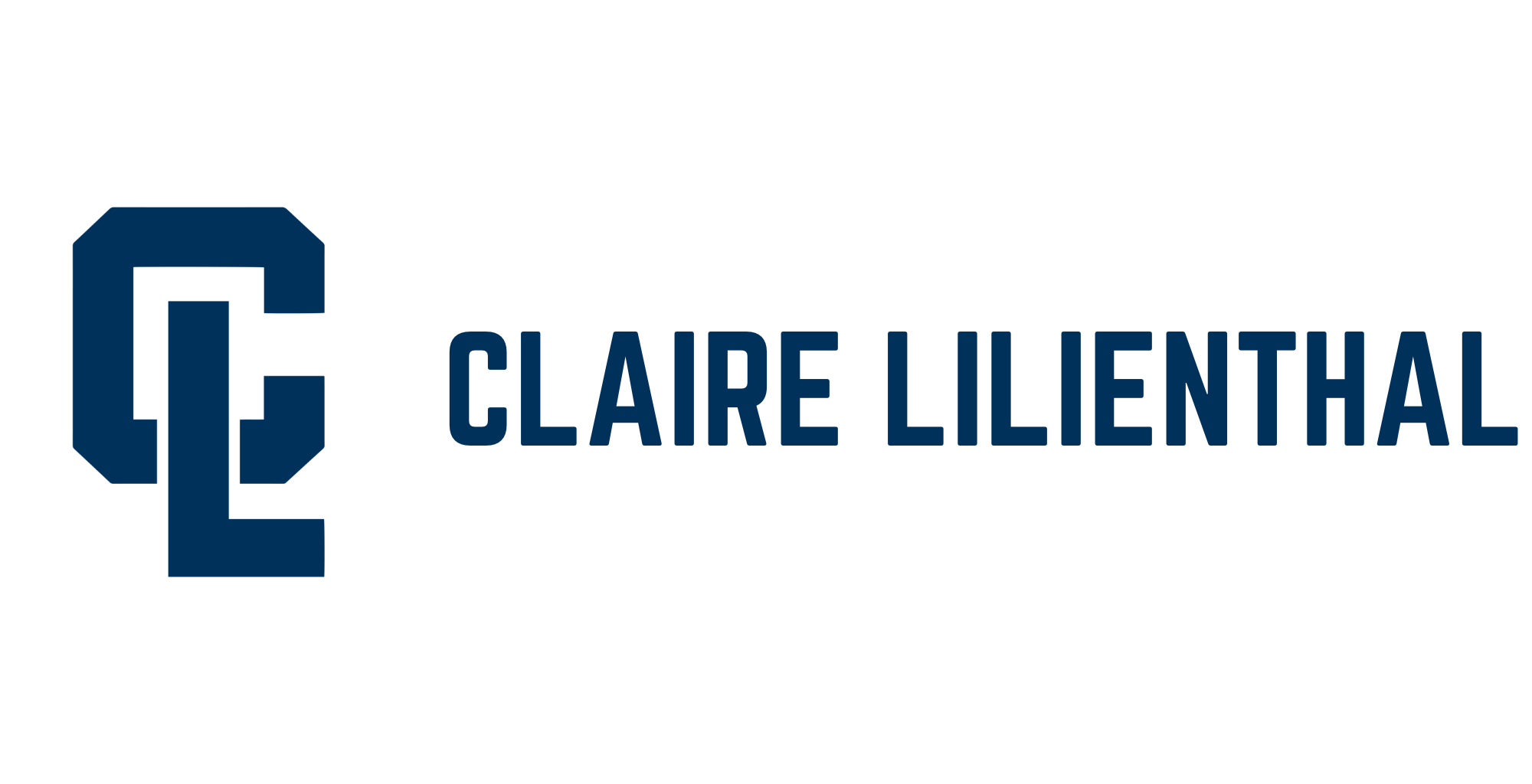School Site Council
About the SSC
According to the SFUSD Website, a School Site Council must be established at all San Francisco Schools. The elected members of the SSC represent parents, students, community members, and school staff in school governance. By state law, the SSC must oversee the site-based budgeting of categorical funds and the development and monitoring of the Balanced Scorecard/Single Plan for Student Achievement. The SSC is expected to:
Review and analyze student data.
Solicit community input, including feedback from the ELAC (English Learner Advisory Committee).
Assist the principal in developing the Academic Plan and school site budget.
Monitor the implementation and effectiveness of the Balanced Score Card on an ongoing basis.
Approve the Balanced Scorecard and school site budget before it is submitted to the District for final review and approval.
Learn more about the role of the SSC at the SFUSD website: http://www.sfusd.edu/en/councils-committees/school-site-council.html
LCFF and LCAP
California's new school funding law, called the Local Control Funding Formula (LCFF) is a new way for schools to focus on student success.
The LCFF requires school districts to involve parents in planning and decision making as well as in developing Local Control and Accountability Plans (LCAPs). It also:
- Requires your school district to focus on the eight key areas that help all students succeed.
- Provides extra funding for students with greater challenges.
- Gives your district more flexibility for how to spend its money to improve local schools.
There are eight priority areas that LCAP covers:
1. Basic Services. Providing all students with access to fully credentialed teachers in their subject areas, as well as instructional materials that align with state standards, and safe, properly maintained school facilities.
2. Implementation of State Standards. Ensuring school programs and services enable all students, including English learners, to access California’s academic content and performance standards, including Common Core Standards for English Language Arts and Math, Next Generation Science Standards, and English Language Development Standards.
3. Student Achievement. Improving achievement and outcomes for all students, as measured in multiple ways, such as test scores, English proficiency and college and career preparedness.
4. Course Access. Ensuring all students have access to a broad course of study in all required subject areas, including math, social science, science, visual and performing arts, health, physical education, career and technical education and others, that prepares them for college and careers, regardless of what school they attend or where they live.
5. Other Student Outcomes. Measuring other important indicators of student performance in all required areas of study.
6. Student Engagement. Providing students with engaging programs and course work that keeps them in school, as measured in part by attendance rates, dropout rates and graduation rates.
7. Parent Involvement. Efforts by the school district and schools to seek input from all parents, and to engage parents in decision-making, as well as promoting parent participation in programs that meet the needs of their students and all students. (See the PTA National Standards for Family-School Partnerships Assessment Guide for suggested ways to measure progress.)
8. School Climate. Factors both inside and outside the classroom that impact student success such as health, safety, student discipline and school connectedness, as measured in part by suspension and expulsion rates, and surveys of students, teachers and parents.
Opportunities for Parent Leadership / Acronyms Guide
All families are invited to participate in the following leadership opportunities at their schools or for the district:
- School Site Council (SSC): All schools have an SSC, which guides the site planning process to ensure the school site plan addresses the needs of all students. At least half of the SSC members must be parents/families.
- English Learner Advisory Committee (ELAC): Every school that has 21 or more English Learners must have an ELAC. The role of the ELAC is to advise the principal and School Site Council on programs and services for English Learners.
- Community Advisory Committee for Special Education (CAC-SPED): State law requires every district to have a Community Advisory Committee for Special Education. The CAC advocates for effective Special Education programs and services, and advises the Board of Education on policies related to Special Education services. At least half of the CAC’s members are parents/families.
- Parent Advisory Council (PAC): The PAC was created by the Board of Education to include parents in the district’s decision-making process. PAC members actively reach out to engage families in district policy discussions and to represent parent concerns to district leaders.
Agendas + Minutes
Upcoming agendas and past meeting minutes are available here.
Reference links
Useful Contacts
SFUSD Office of Family Voice: 415-241-6150
SFUSD Office of Family & Community Engagement: 415-241-6185
Community Advisory Council for Special Education: cacspedsf@gmail.com
Parent Advisory Council to the Board of Education: 415)-355-2201, pac@sfusd.edu
Parent Teachers Association – (PTA/PTSA): 415-241-6048, 2ndpta@sfusd.edu
Coleman Advocates for Children and Youth: 415-239-0161
Parents for Public Schools (PPS SF): 415-861-7077, info@ppssf.org
San Francisco Education Fund- School Volunteer Program 415-695-5400, info@ sfedfund.org
Support for Families of Children with Disabilities 415-282-7494, info@supportforfamilies.org

